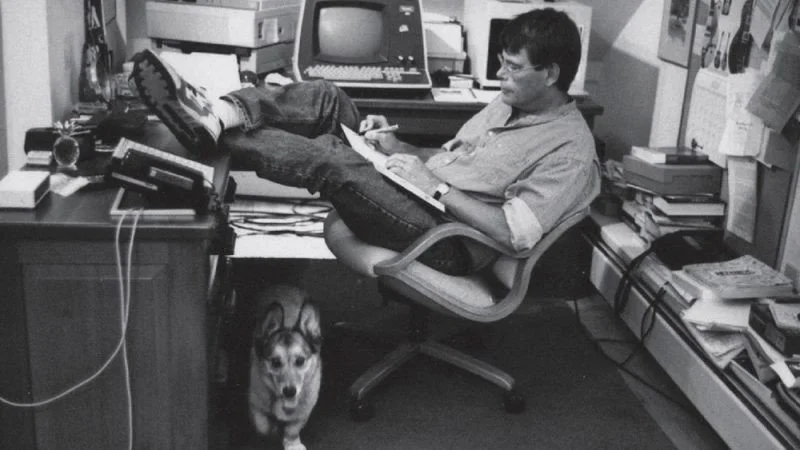What I Learned When I Became An Editor
To write is human, to edit divine.”
-Stephen King, On Writing
I’ll be honest. I always thought Uncle Steve was a little crazy when he insisted that editing was divine. When I first started out as a writer, I was enchanted by my own work. Like a parent with a newborn child, I thought everything about my creation was perfect. That not a word needed to be changed. I viewed the writing process as a type of magic, a mysterious force whose power might be destroyed if someone else came in and (gasp!) started messing with my words.
I was wrong. So, so wrong. Good editing is crucial to being a good writer. And it is its own form of (more practical) magic. I didn’t learn this until I went to the other side and became an editor myself.
So what did I learn when I started working on other people’s stories?
Here’s a list of what I think a good editor does for writers.
· A good editor has the best interests of the work in mind:
Let me make one thing perfectly clear. When I put on my editor’s cap, I’m not interested in taking over your story. I write my own stuff. My goal as an editor is make a work as strong as it can be. Sometimes this involves little tweaks (like seasoning a dish with a little spice or salt). Sometimes the changes can be major (substituting vegetables in place of meat). But an editor’s suggestions should always be geared towards making the story better. I’ll be honest. As a writer, I hate getting back a manuscript filled with red marks. But those bloody slashes are there to help the story grow and improve. There is no such thing as a perfect story. Every single work in the history of humanity is flawed in some way. The job of the editor is to do their best to fix (or hide) the problems.
· A good editor never tries to alter the writer’s voice:
I have deep respect for the way writers tell their stories. Each creation has its own feel, and I want to take none of that away. When I edit stories with a particularly strong voice, I adjust my editing to reflect that voice. I try hard not to suggest anything that would compromise the tone. Sometimes, that can be difficult. It feels like I’m speaking a foreign language, but doing this helps me think about my own writing differently. And that’s one of the unexpected benefits of being an editor.
· A good editor points out a writer’s blind spots:
No one likes to find out there are problems with their stories, that their plot might have holes, but a writer needs to find this out before they publish or submit their work. When I edited my first book, Darkness Below, I hired three different people to look at it. That may sound like a nightmare, but here’s what it did for me. The three editors zeroed in on the parts of the story that didn’t work. And all three of them had problems with the exact same parts. That told me as a writer that I was missing something vital in the storytelling (this is also a compelling reason for writers to have beta-readers as well).
· A good editor doesn’t expect you to accept every change they suggest
I don’t usually make sports analogies but suggesting changes as an editor is a lot like going to bat in baseball. A batting average of .300 is considered the sign of an elite hitter. That’s right. Being exceptional means getting a successful hit only 30% of the time. Editing is the same way. I would be ecstatic if writers accepted every change I suggested. But that’s not realistic. If I “hit” thirty percent in the stories I edit, I would be happy. Thirty percent might not sound like much, but it might just be what lifts a story from good to better.
I could go on at length on the whole editing process, but if you’d like an example, here’s one from my own experience. I had a strong opening chapter of my first book, Darkness Below, but there was something wrong with it. After a lot of back and forth, my editor and I figured out what the issue was.
Curious what we found? Click here for a link to my blog on how important it is to “kill your darlings”. Another important lesson that Uncle Steve taught me…
Stephen King with his Corgi editor
